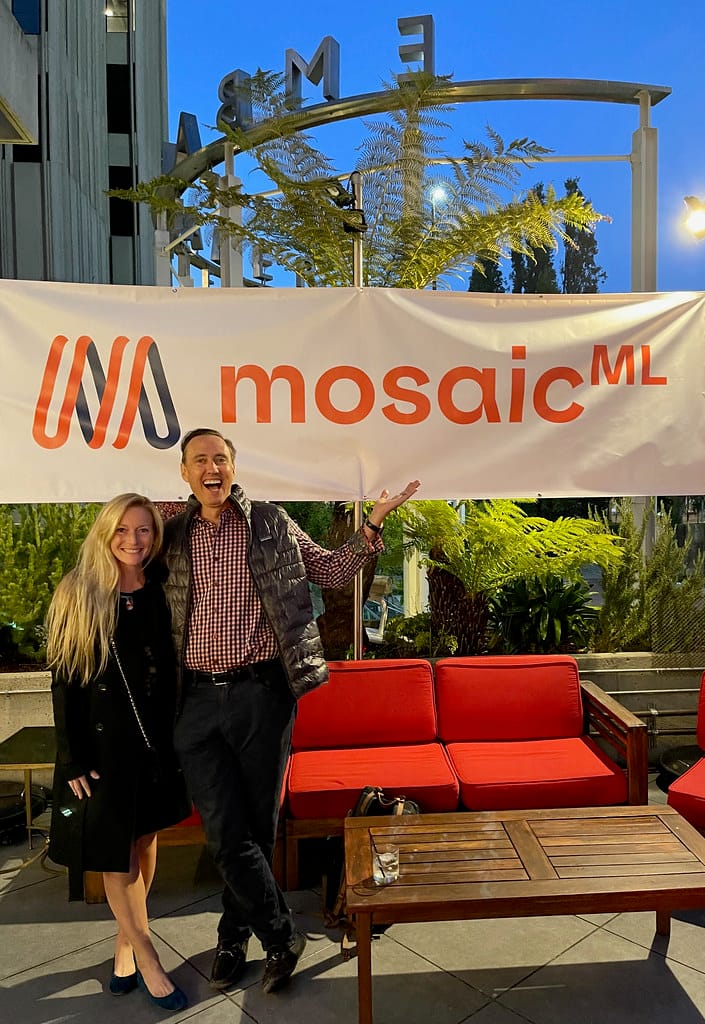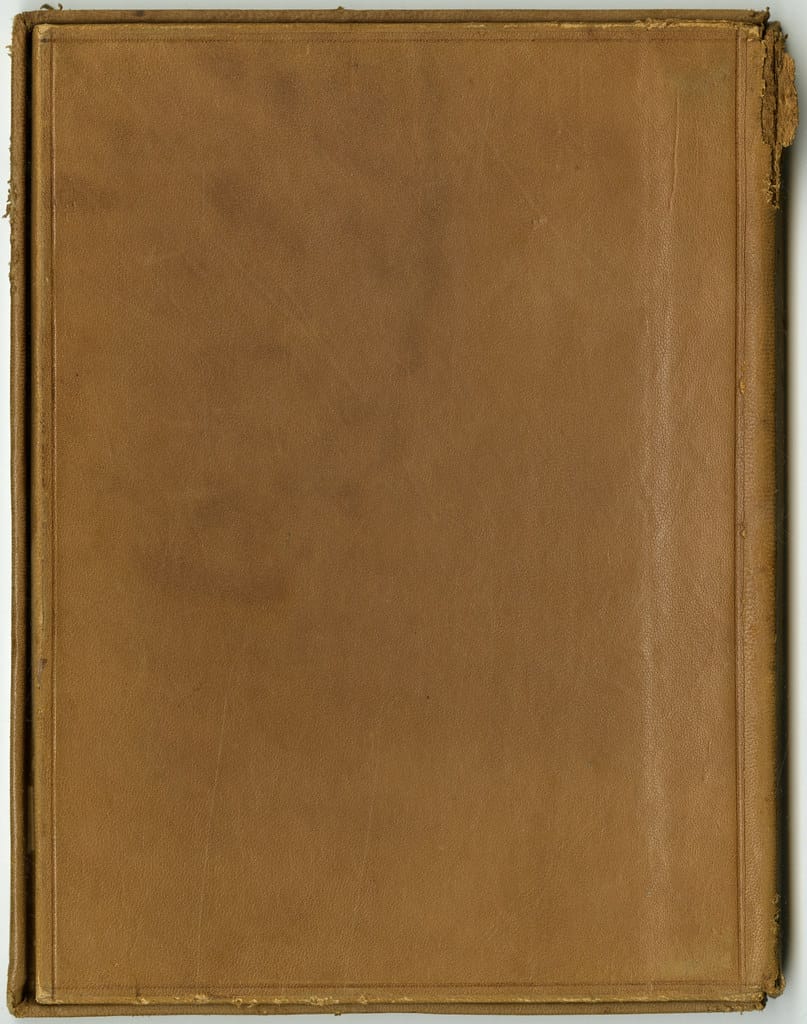Federal Judge Greenlight Massive Class Action Against Anthropic Over AI Training Data Piracy
A federal judge has delivered a potentially industry-shaking ruling, allowing a nationwide class action lawsuit to proceed against AI company Anthropic over allegations that it illegally used millions of copyrighted books to train its Claude AI system without permission or compensation to authors.
The lawsuit, filed in California federal court, accuses Anthropic of systematically pirating approximately 7 million books from datasets known as "Books1" and "Books3" to develop its popular Claude chatbot. This decision marks a significant escalation in the ongoing legal battle between content creators and AI companies over the use of copyrighted material in machine learning training.
The Heart of the Allegations
The plaintiffs, represented by a group of authors and publishers, argue that Anthropic knowingly used copyrighted works without authorization, effectively engaging in mass copyright infringement on an unprecedented scale. The Books1 and Books3 datasets, which contain millions of digitized books, have become controversial resources in the AI development community.
According to court documents, these datasets include works from major publishers and thousands of individual authors, ranging from bestselling novels to academic texts. The plaintiffs claim that Anthropic's use of this material constitutes willful copyright infringement that has enabled the company to build a multi-billion-dollar AI system while providing no compensation to the original creators.
"This isn't just about individual authors losing royalties," said one attorney representing the plaintiffs. "This is about the fundamental principle that creators should have control over how their work is used, especially when it's being used to build commercial AI systems worth billions of dollars."
Anthropic's Defense and Industry Implications
Anthropic has defended its practices under the doctrine of "fair use," arguing that using copyrighted material to train AI systems constitutes transformative use that benefits society. The company maintains that its AI training process is similar to how humans learn from reading books—extracting patterns and knowledge rather than copying specific content.
The company also argues that the resulting AI system doesn't reproduce copyrighted material verbatim but rather uses the training data to understand language patterns and generate original responses. This defense has become standard across the AI industry, with companies like OpenAI and Meta facing similar lawsuits over their training data practices.
However, the judge's decision to allow the class action to proceed suggests that these fair use arguments may face significant legal challenges. The ruling indicates that courts are taking a more skeptical view of AI companies' claims that their use of copyrighted material falls under fair use protections.
The Broader Legal Landscape
This case represents one of several high-profile legal challenges facing AI companies over their training data practices. The Authors Guild, along with prominent writers like George R.R. Martin and Jodi Picoult, has filed separate lawsuits against OpenAI and Meta over similar concerns.
The stakes are enormous for the AI industry. If courts ultimately rule that using copyrighted material to train AI systems requires explicit permission from copyright holders, it could fundamentally reshape how AI companies develop their products. Such a ruling might force companies to either negotiate licensing agreements with millions of content creators or develop alternative training methods.
What This Means for Authors and AI Development
For authors and publishers, this lawsuit represents a potential pathway to compensation for the use of their work in AI training. If successful, the class action could result in significant financial damages and potentially force AI companies to implement licensing systems for training data.
The case also highlights the urgent need for clearer legal frameworks governing AI training data. As AI systems become increasingly sophisticated and commercially valuable, the tension between fair use rights and copyright protection continues to intensify.
Looking Ahead
The judge's decision to allow the class action to proceed doesn't determine the ultimate outcome of the case, but it does signal that courts are willing to seriously consider copyright claims against AI companies. As the litigation moves forward, it will likely set important precedents for how intellectual property law applies to AI development.
This case serves as a crucial test for the future of AI development and copyright law. The outcome could determine whether AI companies can continue using vast amounts of copyrighted material for training purposes or if they'll need to fundamentally change their approach to data acquisition and licensing.
For now, the legal battle continues, with potentially billions of dollars and the future of AI development hanging in the balance.

